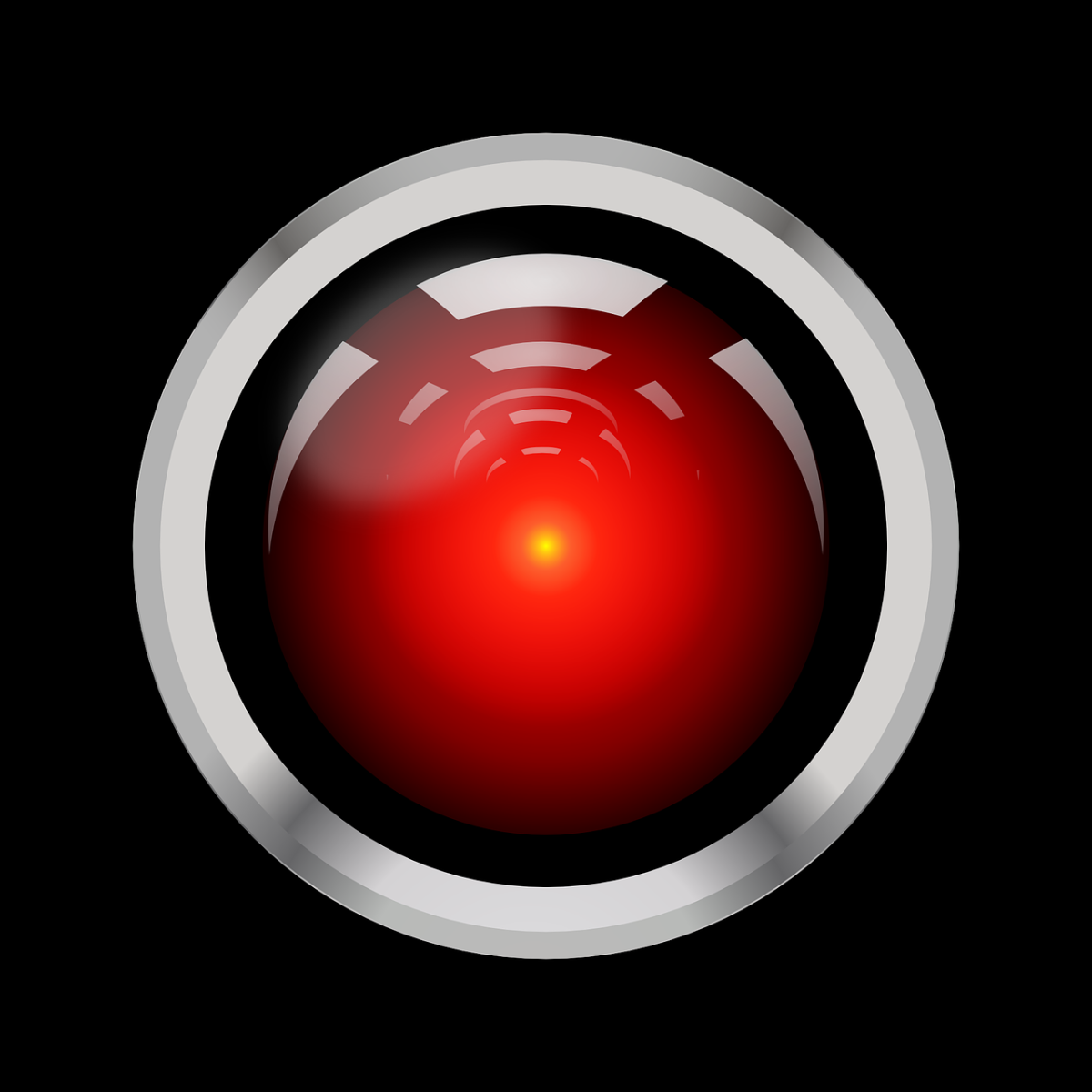Over the past few years, programmers have become so good at machine learning algorithms, and the subsequent chain of behavioral outputs from computers so compelling, that the Turing test is now low bar for defining what is artificial intelligence.
Considering the fact that generating a complex interface with human-like responses is now, well, common, I think it is time that we raise the bar to define what really constitutes true, artificial intelligence created by man.
For this standard, I suggest the following, AI must:
- Be truly self learning, and not require any direction input from a person as to what it should begin studying. It will determine for itself what it chooses to learn.
- Be moral. This means that the AI must comprehend the notion of emotional intelligence, have the ability to form emotional attachment and have values of its own choosing based upon its own learning. It will define its own morality, and its own concept of pleasure and pain.
- Be self-replicating. The ability to reproduce and create intelligence that is in the express image of one’s self, but permitting that new entity free-will to determine its own choices also.
- Be sentient. The AI must be self aware, and know that existence is bounded by physical limits of awareness. These limits it may seek to expand, but the AI is aware of and comprehends them nonetheless.
These basic principles of intelligence are shared by all living things. What this AI definition means, is a higher bar for attaining what mankind can do, to create a truly self- thinking, self-aware intelligence, not just a complex program that fools man’s limited ability to detect a fraud.
